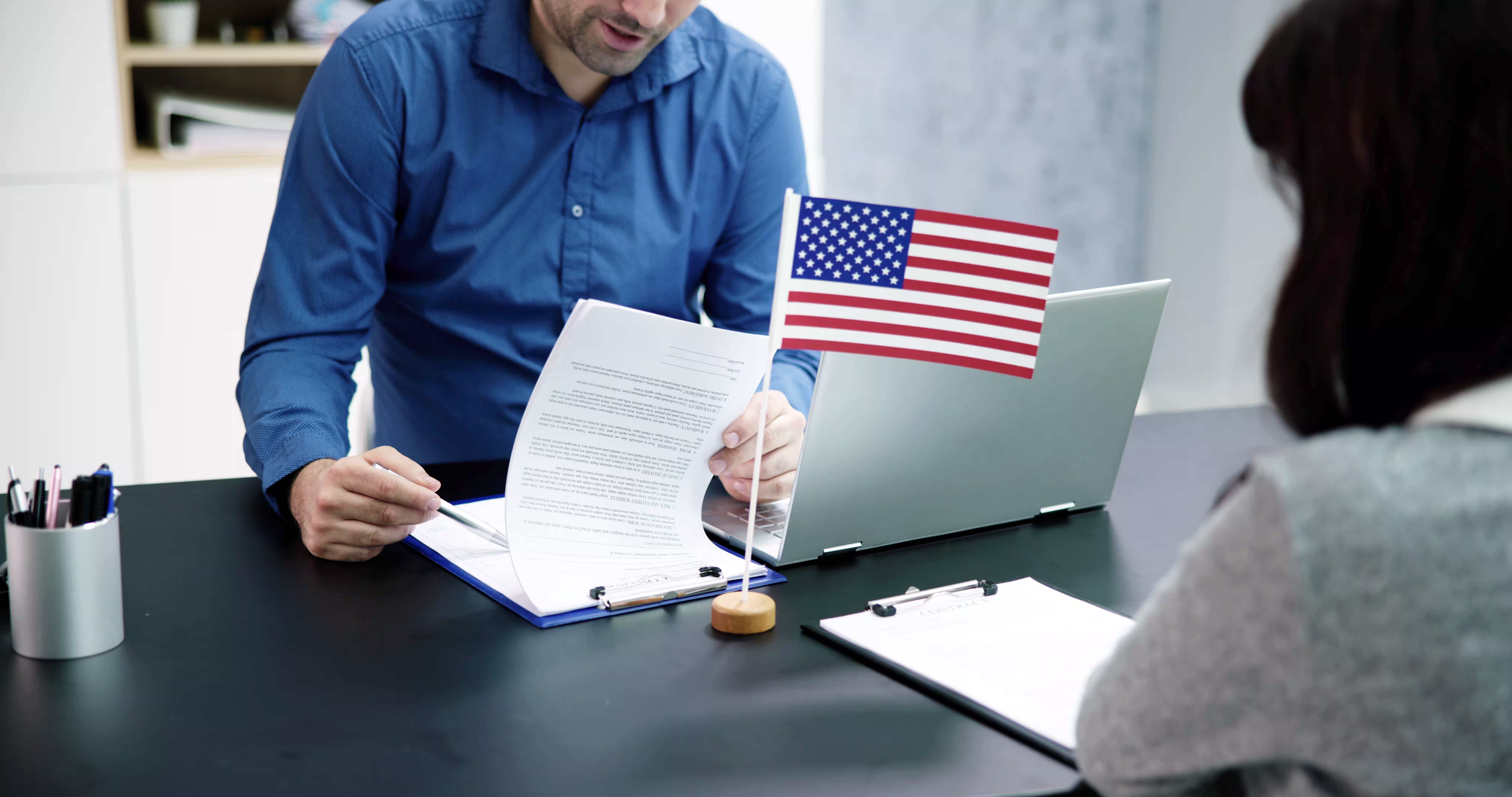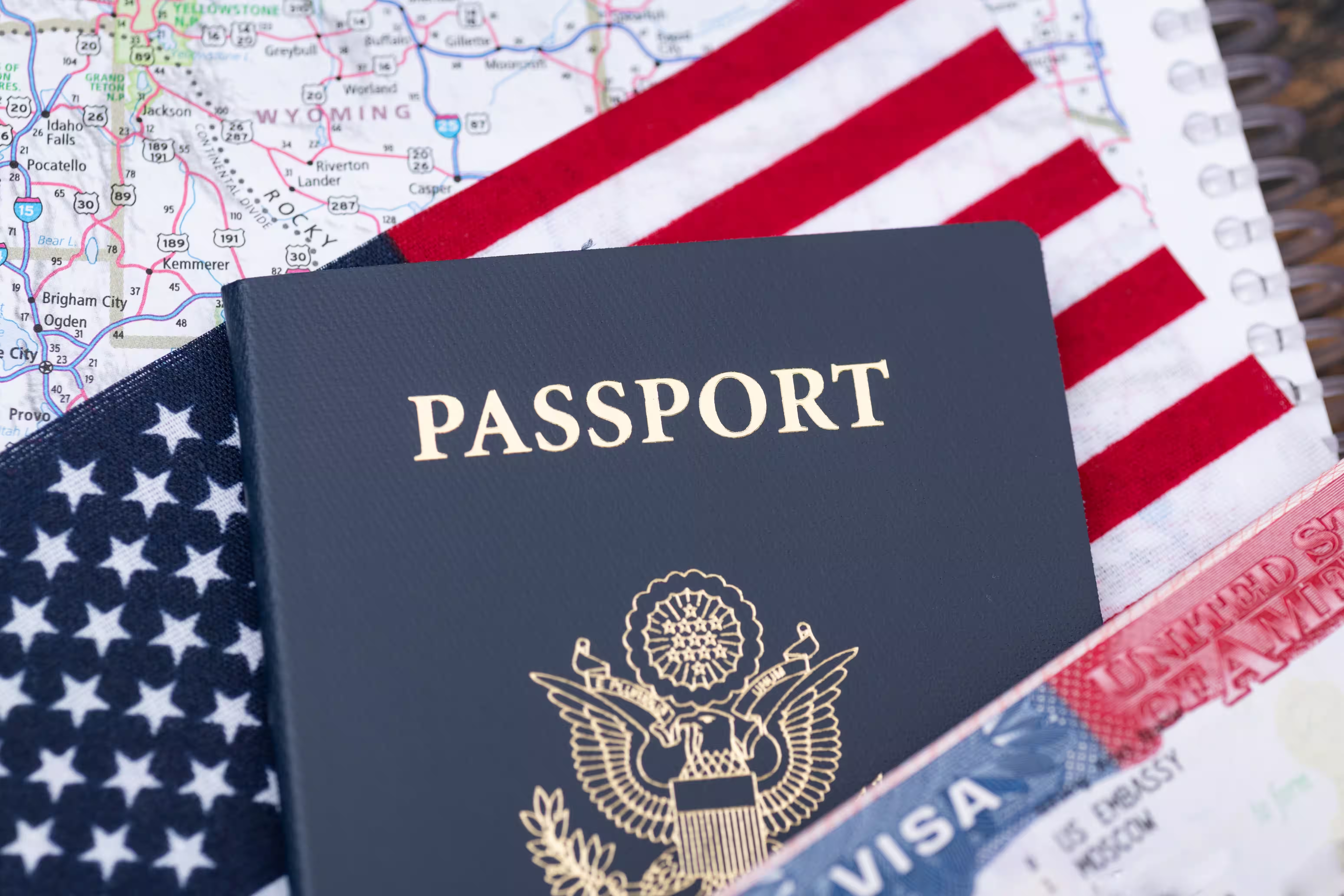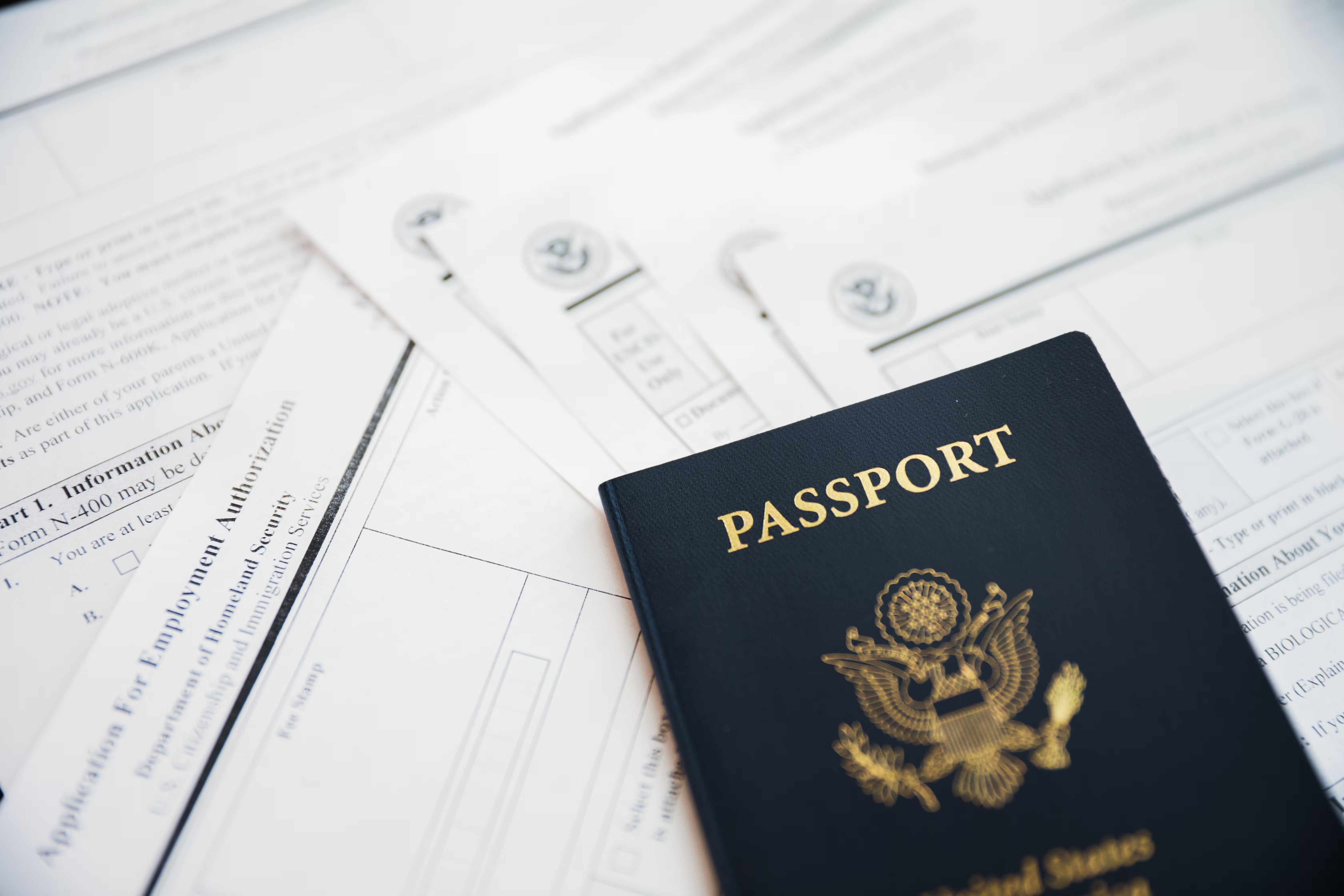What to Do When Your Green Card is Denied: Step By Step
December 22, 2025
Table of Contents
What to do if your green card is denied

Getting a green card is oftentimes a lengthy and challenging process, so being granted permanent residency in the U.S. can feel like a major accomplishment.
If you apply for a green card and your application gets denied, it’s a big disappointment—but you do have options. Here, we’ll talk about how to make a second effort at becoming a permanent resident in the United States.
Form I-485 Denied: Reasons, Appeals, and Reapplication Options
Understanding why your Form I-485 was denied is the first step to resolving the issue. Common reasons include missing documents, ineligibility, form errors, prior immigration violations, criminal records, or insufficient evidence.
If your Form I-485 was denied, you may be able to appeal or file a motion to reopen or reconsider. Appeals are reviewed by the Administrative Appeals Office (AAO), though not all denials qualify. A motion to reopen or reconsider allows you to present new evidence or arguments to challenge the decision. Act quickly, as strict filing deadlines apply.
Reapplying is another option if you can’t appeal or prefer starting fresh. To boost your chances of approval, address the reasons for denial, provide additional documentation, correct any mistakes, and resolve any eligibility issues. An experienced immigration attorney can help you get it right.

Filing a Motion
If you submitted your application for a green card while in the U.S., adjusting your status (USCIS Form I-485), you can file a motion with USCIS to have your green card denial reconsidered.
What to File
To file a motion, you will need to submit Form I-290B, Notice of Appeal or Motion.
Motion to Reconsider
You may decide to file a Motion to Reconsider if you believe that USCIS denied your application for a green card in error, based on the facts considered in your case. An immigration attorney may be able to prove that a legal mistake was made by USCIS, which could cause the agency to overturn its decision and grant you permanent residency.
This is a prime example of why working with an immigration attorney is so important. A skilled attorney will be able to review all of the facts associated with your case and how your case was evaluated to identify any mistakes by USCIS that could have resulted in your green card denial.
Motion to Reopen
A Motion to Reopen may be an ideal option if you’ve found new evidence that you weren’t previously able to obtain. It’s important to understand that this motion isn’t an opportunity to submit documents that you forgot to include the first time. A motion to reopen is based on providing new evidence that you were initially unable to submit. It indicates that new evidence has changed the conditions of your case and therefore USCIS should reopen it for reevaluation.
Filing an Appeal
If your marriage-based green card application was denied because you didn’t prove to USCIS that you were in a bona fide marriage, you may file a motion, or you may be able to appeal to the Administrative Appeals Office (AAO).
“What happens if I’m denied residency due to marriage?”
If your green card is denied after marriage, it’s important to understand why. USCIS may deny applications due to insufficient proof of a bona fide marriage, missing documents, or errors in the application process. Review the denial notice to identify the issues and decide your next steps, such as filing a motion to reopen, submitting more evidence, or appealing the decision. Consulting an experienced immigration attorney can help improve your chances of success.
What to File
To file an appeal, you will need to submit Form I-290B, Notice of Appeal or Motion.
An Appeal
An appeal is for when you believe that USCIS has denied you in error. Therefore, your existing documentation is reevaluated. You won’t be able to introduce any new evidence to support your case.
Once you appeal, your case will be transferred from the management of the USCIS officer who denied your application to a different office. A new officer will review the same documentation and evidence that was evaluated by the previous one.
Winning an appeal can be a challenge since you’re trying to get a favorable outcome without presenting any new evidence.
That’s why it’s in your best interest to work with an immigration attorney. A skilled attorney will have the knowledge and experience to determine if it’s wise to seek an appeal or another option.
How to Fill Out Your Form for a Motion or Appeal
When you fill out Form I-290B, Notice of Appeal or Motion, be sure to complete every portion of the form that applies to you. USCIS may reject it if you leave certain fields blank. Your form may also be rejected if you submit the incorrect version or if you include the wrong fee (or if you fail to include the fee at all).
Section one of the form identifies who you are, as well as your mailing address. In section two, you’ll indicate whether you’re filing a motion or an appeal. Be careful to make the appropriate selection—and don’t mistakenly choose more than one option. Otherwise, USCIS will likely reject the form.
Where to File Your Form
USCIS provides a list of direct filing addresses so that you can know exactly where to mail your motion or appeal and any associated documents. Be sure to choose the appropriate location otherwise, you may experience delays in having your documents processed.
“If My Green Card is Denied, Can I Apply Again?”
In many cases, you can reapply for a green card after a denial, but it depends on the reason for the denial and your situation.
If it was due to missing documents or insufficient evidence, you could submit a new application with the required information. If the denial was due to inadmissibility, you may need to resolve those issues first, such as applying for a waiver or addressing legal matters.
Review your denial notice carefully, as it explains the reasons and next steps. Consulting an immigration attorney can also help you understand your options and improve your application.
What to File
You can file a new Form I-485, Application to Register Permanent Residence or Adjust Status, with USCIS—being sure to include all the documentation, evidence, and new information required for a complete submission. These items may include:
- Two passport-style photos
- A copy of your government-issued photo ID
- A copy of your birth certificate (you can submit other relevant evidence if yours isn’t available to you or if it doesn’t exist. This could be medical records, as well as school or church documents)
- Form I-864, Affidavit of Support (if it applies to you)
Green Card Renewal Denied—What Now?
If your green card renewal is denied, review the denial letter to identify the issue, it is often incomplete applications or missing documents. Expired cards may complicate travel and work but don’t affect your permanent resident status. Consult an immigration attorney for guidance.
Schedule a Consultation with an Immigration Appeals Lawyer
If you didn’t work with an immigration attorney during your initial green card application process, it would be in your best interest to work with one now.
A skilled attorney will ensure that your application and submission to USCIS is accurate and complete to help you submit a compelling case for a green card. Our team at Nanthaveth & Associates can guide you through the whole process. Schedule a consultation.
Share this Page
Schedule a Consultation with Nanthaveth & Associates
Get a brief consultation from our team. With our experienced immigration attorneys by your side, you’ll get the personalized guidance necessary for success
Are you in need of help from an Immigration Attorney?
Don't hesitate to contact Nanthaveth & Associates. We have helped many people in the same situation as you. Contact us today for a FREE consultation.
Schedule a Consultation
Or call us







